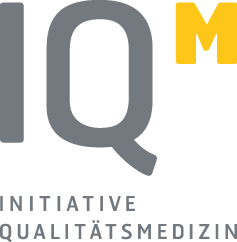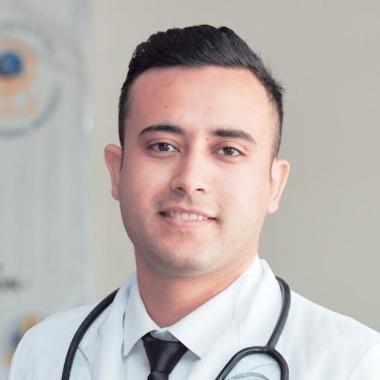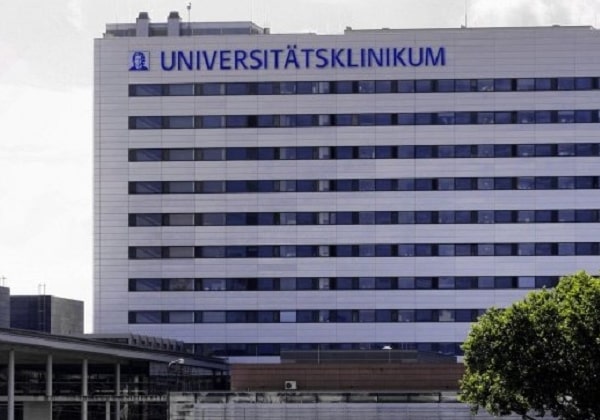Frankfurt University Hospital

Head of the Department
Prof. Dr. Helmuth Steinmetz
Department of Neurology
The department of Neurology at Frankfurt University Hospital specializes in the diagnostics and conservative treatment of diseases of the nervous system. The Department has expertise in the treatment of movement disorders, epilepsy, neuro-oncological pathologies, stroke, and other neurological diseases. The doctors of the department are highly qualified and hold great experience in their respective field which help them to provide the best care and treatments to the patient. Under the guidance of Prof. Dr. Helmuth Steinmetz, the department treats over 2,300 inpatients every year. To analyze the mental health of the patients there is a Neuropsychology section that studies the nervous system, such as attention, memory, critical thinking, emotional state, and behavior.
The service range of the department includes diagnostics and treatment of:
- Motor disorders
- Motor disorders of unknown origin
- Parkinson's disease, tremor, dystonia, and ataxia
- Multiple sclerosis
- Sleep disorders
- Insomnia
- Daytime tiredness and somnolence (hypersomnia)
- Narcolepsy
- Sleep disorders (parasomnias) and tendency to nocturnal epilepsy (in collaboration with special epilepsy counselor)
- Involuntary leg movements during sleep and restless legs syndrome
- Sleep-related breathing disorders (for example, obstructive sleep apnea)
- Neuromuscular diseases
- Muscular dystrophies
- Muscular diseases due to metabolic disorders (metabolic and endocrine myopathies)
- Inflammatory muscle diseases (myositis)
- Myasthenia
- Cerebrovascular pathologies
- Various types of dementia and cognitive disorders
- Epilepsy
- Stroke
- Oncopathologies of the nervous system
The department offers deep brain stimulation in:
- Progressive Parkinson's disease with severe movement disorders
- Severe focal or generalized dystonias
- Severe tremor
The department offers botulinum toxin therapy in:
- Focal, segmental and generalized dystonia (especially blepharospasm, convulsions) and facial hemispasm
- Local spasticity of the limbs
- Local excessive sweating (hyperhidrosis)
- Severe refractory dystonia
In Addition, the department also offers:
- Monitoring of respiratory and movement disorders in sleep, EEG, provocative EEG, neuropsychological tests
- Polysomnography and/or long-term EEG-video monitoring in the EEG-Video Monitoring Unit (within the certified Sleep Laboratory)
- Optimization of therapy, the use of new drugs in clinical trials
- Interventional therapy for Parkinson's disease and dystonia (for example, deep brain stimulation, apomorphine pump, duodenal levodopa probes, botulinum toxin therapy)
- Comprehensive examinations to confirm the diagnosis (levodopa test, apomorphine test, imaging examinations, tremor analysis, cerebrospinal fluid puncture, genetic testing, etc.)







